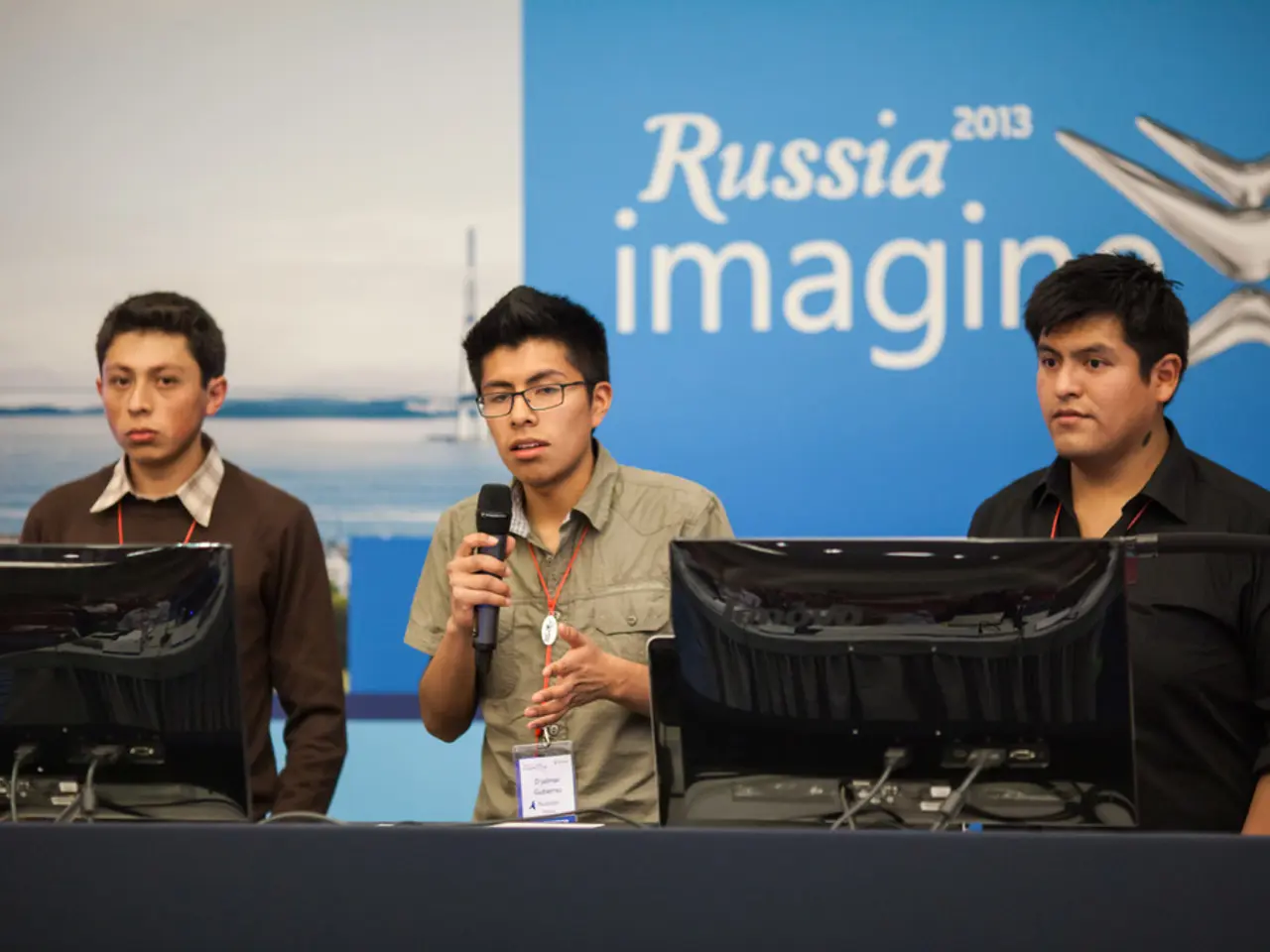International Meeting COP30 Needs to Follow Through on Prior Climate Promises
Brazil, as the host of COP30, faces significant challenges in leading global efforts to combat climate change. The departure of the United States from the Paris Agreement has created a leadership void, and Brazil aims to fill this gap. The country's approach is outlined in the COP30 Action Agenda, a comprehensive plan structured around four pillars: negotiation, action agenda implementation, mobilization, and a leadership summit.
The Action Agenda is designed to transform the COP from a mere negotiating platform into one that accelerates practical climate implementation. This transformation will be achieved by combining global ambition with local and regional realities, all within an inclusive multilateral framework.
Brazil's strategic position as host, at the heart of the Amazon rainforest, will be leveraged to highlight the interdependence of environmental preservation and economic growth. The country also emphasizes the importance of strengthening multilateralism to collectively respond to climate challenges.
In addition, Brazil plans to promote nature-based solutions and embed climate-health nexus priorities. This is evident in the hosting of the Global Conference on Climate and Health ahead of COP30, which focuses on vulnerable populations.
The Action Agenda is organized into six thematic "axes," including stewarding forests, oceans, and biodiversity; transforming agriculture and food systems; building resilience for cities, infrastructure, and water; and unleashing enablers and accelerators in finance, technology, and capacity-building.
The rise of transactional diplomacy and the prioritization of short-term interests over collective long-term needs have resulted in a disarray in the global-governance architecture, with the UN at its core. The UN Framework Convention on Climate Change has long been characterized by delays. However, Brazil's COP30 presidency aims to bridge these divides, build trust, and deliver genuine progress.
The authors of the COP30 Action Agenda are Adnan Amin, Arunabha Ghosh, Carlos Lopes, Jacinda Ardern, Jonathan Pershing, Laurence Tubiana, and Patricia Espinosa, who serve as COP30 Brazilian Presidency Special Envoys for Strategic Regions. The commentary was published by Project Syndicate and is related to the regions of Global. It is also connected to the SDGs of Infrastructure, Cities, Climate, Peace, and Partnerships.
As of now, the average global surface temperature has already reached 1.1°C above the twentieth-century baseline. The task ahead for COP30 is daunting, but there is a real chance to rebuild momentum. The Fourth Letter to the International Community by Brazil outlines the Action Agenda aimed at making progress on what has been collectively agreed during previous COPs and in the Paris climate agreement.
Compromise is increasingly being rejected in favor of "realism," leading to extreme polarization and entrenched negotiating positions. However, Brazil's COP30 presidency emphasizes the importance of inclusive governance to ensure all voices, including those from the Global South and youth, are heard in shaping international climate policy.
The COP30 Special Envoys extend their support to the Action Agenda proposed by Brazil. The authors of the commentary are CEO of COP28, CEO of the Council on Energy, Environment and Water, Chair of the African Climate Foundation, former Prime Minister of New Zealand, former US Special Envoy for Climate Change, CEO of the European Climate Foundation, and former Executive Secretary of the UNFCCC respectively.
Brazil is setting the stage for a productive COP30, focusing on bridging divides, building trust, and delivering genuine progress. The commentary was published by Project Syndicate.
- Brazil, as the host of COP30, aims to transform the conference from a negotiating platform into one that accelerates practical climate implementation, outlining this in the COP30 Action Agenda.
- The Action Agenda is structured around four pillars: negotiation, action agenda implementation, mobilization, and a leadership summit, with the goal of filling the leadership void created by the departure of the United States from the Paris Agreement.
- The Action Agenda highlights the interdependence of environmental preservation and economic growth, leveraging Brazil's strategic position at the heart of the Amazon rainforest.
- The authors of the COP30 Action Agenda emphasize the importance of inclusive governance to ensure all voices, including those from the Global South and youth, are heard in shaping international climate policy.
- The commentary on the COP30 Action Agenda is related to the SDGs of Infrastructure, Cities, Climate, Peace, and Partnerships, and it stresses the necessity of addressing climate change within an inclusive multilateral framework.








